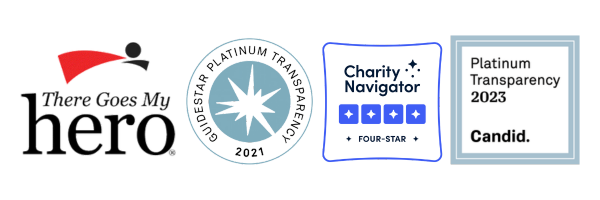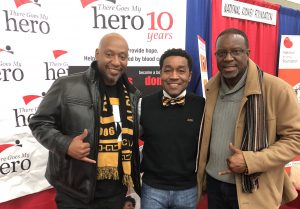(Lack of) Diversity on the Bone Marrow Registry
Every three minutes, a person is diagnosed with a blood cancer or blood disorder. This includes diseases like sickle cell anemia and multiple myeloma, which disproportionately affect the African-American community. For many patients suffering from blood cancers, a bone marrow transplant is the best chance for survival.
Only 30% of patients are able to find a matching donor in their family. The rest rely on the 33 million registered donors on the bone marrow registry. However, because the registry lacks diversity, patients of African, Latin, and Asian descent have a harder time finding a matching donor.
The likelihood of finding a matching donor for a person of European descent is 77%, compared to the 23% chance for African Americans. This means a Caucasian patient is over 3 times more likely to receive a life-saving bone marrow transplant than their African American counterpart.
The odds are similarly low for people of Asian and Latino descent: Asian or Pacific Islander patients have a 41% chance and Hispanic or Latino patients have a 46% chance of finding a match.
Why is diversity important on the registry?
Ethnicity is the key to a perfect match between donor and recipient. The factors tested to make sure the donor and recipient are a match and the transplant can work are called Human Leukocyte Antigens (HLA). The best chance of finding a perfect HLA match is with someone of the same ethnicity. Multi-racial/ ethnically diverse individuals often have rare combinations of antigens in their HLA profiles, making it even more difficult to locate perfect matches.
Why is there a lack of diversity on the registry?
Many potential registrants are reluctant to join the bone marrow registry, especially considering the past injustices of Henrietta Lacks and the Tuskegee syphilis experiment in the medical community. Many African Americans feel apprehensive about sharing personal information and DNA samples.
How can we increase diversity on the registry?
The solution is simple: increase the number of diverse and ethnic individuals on the bone marrow registry.
There Goes My Hero has recently launched our Color The Registry initiative to increase diversity on the bone marrow registry so it will reflect the demographics of the United States at large, offering hope to all patients in need of a bone marrow transplant, no matter their ethnic or racial background. We aim to increase the odds for patients, not only by conducting more drives, but by helping dispel misinformation and highlighting the need for donors in the African American and Latino communities.
To ease worries and deconstruct myths, we make a point to inform each individual who attends our bone marrow registry drive of the following facts:
- The two methods of donating are safe, outpatient procedures.
- There are procedures in place to keep your personal information private and confidential.
- We will never sell your data.
- Your personal information will only be used in an attempt to locate you if you are identified as a match.
If you would like to learn more about diversity on the bone marrow registry, or would like to join the registry, please contact There Goes My Hero at 443-339-4375 or email us at stephanie.cupp@theregoesmyhero.org.

